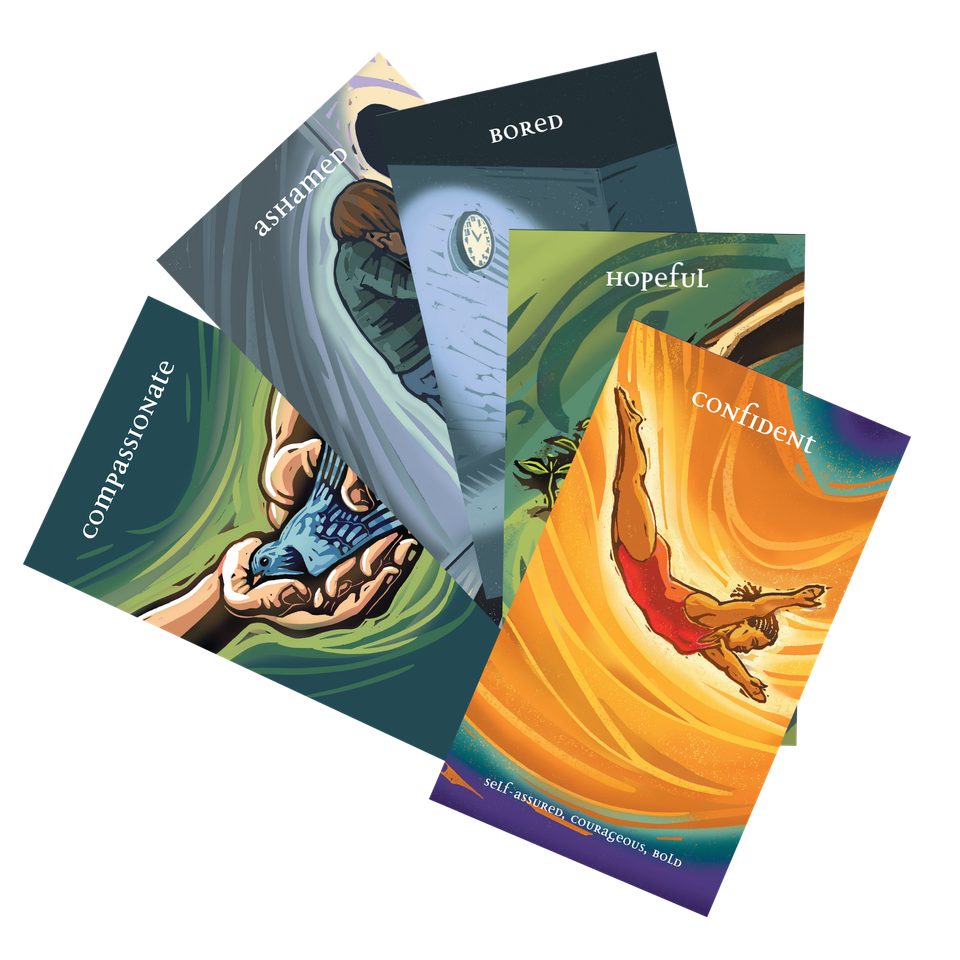The Mixed Emotions of Personal Growth and Daily Practice

Embarking on a journey of personal growth and daily practice can be a rollercoaster of emotions. Here are some common feelings people experience:
Positive Emotions
- Excitement and anticipation: Looking forward to new possibilities and challenges.
- Motivation and determination: Feeling inspired to reach goals and make progress.
- Confidence and self-belief: Growing trust in one's abilities and potential.
- Satisfaction and accomplishment: Experiencing a sense of fulfillment and pride.
- Joy and gratitude: Appreciating the journey and the positive changes.
- Peace and serenity: Finding inner calm and balance.
Negative Emotions
- Fear and uncertainty: Feeling anxious about the unknown or stepping outside comfort zones.
- Frustration and impatience: Experiencing setbacks or slow progress.
- Overwhelm: Feeling burdened by the amount of work or change.
- Guilt and shame: Comparing oneself to others or feeling inadequate.
A Mix of Emotions is Normal
It's important to note that these emotions often co-exist and can fluctuate. Personal growth is a dynamic process, and it's normal to experience a range of feelings.
Identifying the true depth of our feelings is a complex task. But the ability to name and locate our emotions is a crucial first step towards emotional intelligence and well-being. Here's why:
Benefits of Naming & Locating Emotions
- Increased Self-Awareness: By naming emotions, we develop a better understanding of our inner world. This self-knowledge is essential for personal growth and building strong relationships.
- Improved Communication: When we can accurately label our feelings, we can express ourselves more clearly and effectively, reducing misunderstandings.
- Enhanced Emotional Regulation: Recognizing emotions allows us to manage them more effectively, preventing emotional outbursts and promoting resilience.
- Better Decision Making: Emotions influence our choices. By understanding our emotional state, we can make more informed and rational decisions.
- Strengthened Relationships: Empathy and connection are built on emotional understanding. By naming and sharing our emotions, we foster deeper bonds with others.
Typical Mixed Emotional Vocabulary
A typical person's emotional vocabulary varies greatly based on factors such as age, cultural background, and emotional intelligence. While there's no definitive number, studies suggest that most people can identify and express a range of basic emotions (happy, sad, angry, fear, surprise, disgust) and a limited number of nuanced feelings.
However, the true depth of human emotion is vast and complex. Many emotions are subtle blends of primary feelings, and cultural and personal experiences shape how we perceive and express them.
Emotions as a Daily Practice

We believe using a card deck and working on naming and exploring how your feel as a daily practice is very healthy experience.
Explore this deck on Deckible as an example.